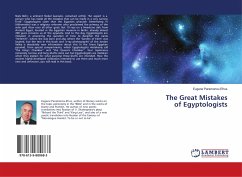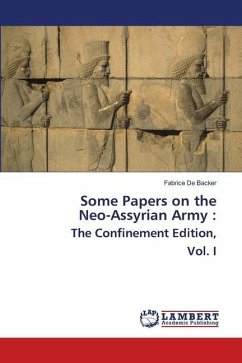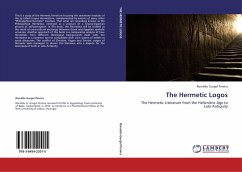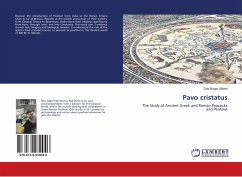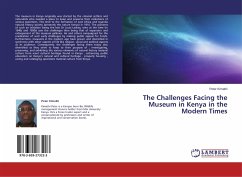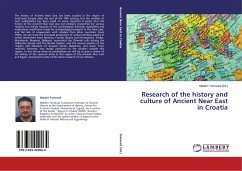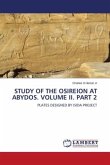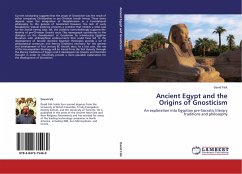Niels Bohr, a eminent Nobel laureate, remarked wittily: "An expert is a person who has made all the mistakes that can be made in a very narrow field". Egyptologists claim that the Egyptian pharaoh Amenhotep IV (Akhenaten) was a religious reformer who proclaimed the primacy of the solar god Aton over all other gods. But 19 rays on a limestone slab from Ancient Egypt, located in the Egyptian museum in Berlin, already almost 200 years convince us of the opposite. And to this day, Egyptologists are mistaken in answering the question of how to decipher the name "Nefertiti", where she was born and also where the "Garden of Eden" was located, but the text in this book and "x-ray photographs" of the Jordan Valley is absolutely new information about this. In the Great Egyptian pyramid, from special compartments, which Egyptologists mistakenly call "the King's Chamber" and "the Queen's Chamber", four mysterious extremely narrow and long shafts come out but Egyptologists are mistaken when they explain for what purpose these shafts are intended. How the ancient highly developed civilization intended to use them and much more new and unknown, you will read in this book.

